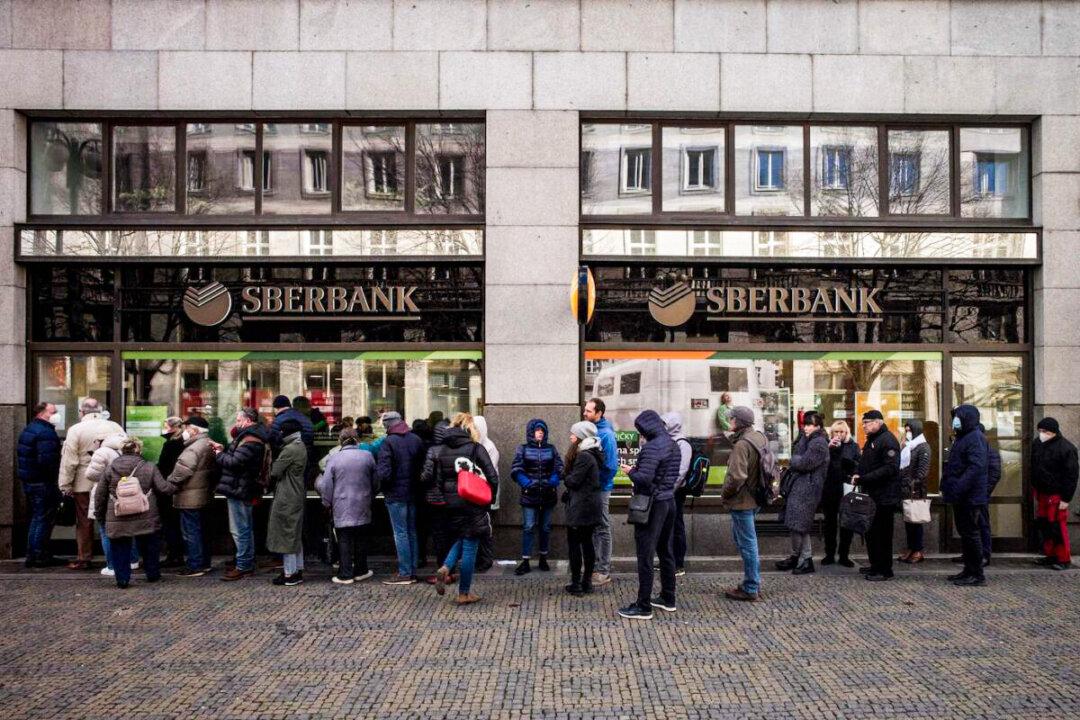Russian nationals who have left their country and relocated to Turkey are racing to open bank accounts in an effort to avoid sanctions levied by Western nations in the wake of Moscow’s invasion of Ukraine.
According to local reports, there has been a significant increase in demand from Russian citizens seeking to open bank accounts in Turkey in recent weeks, and experts believe that demand will only increase further as more sanctions are levied against the Kremlin.




